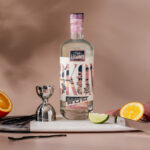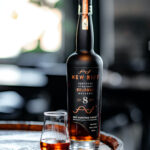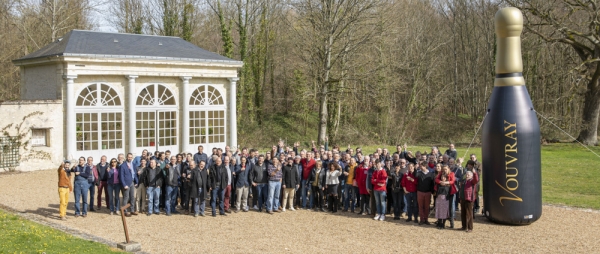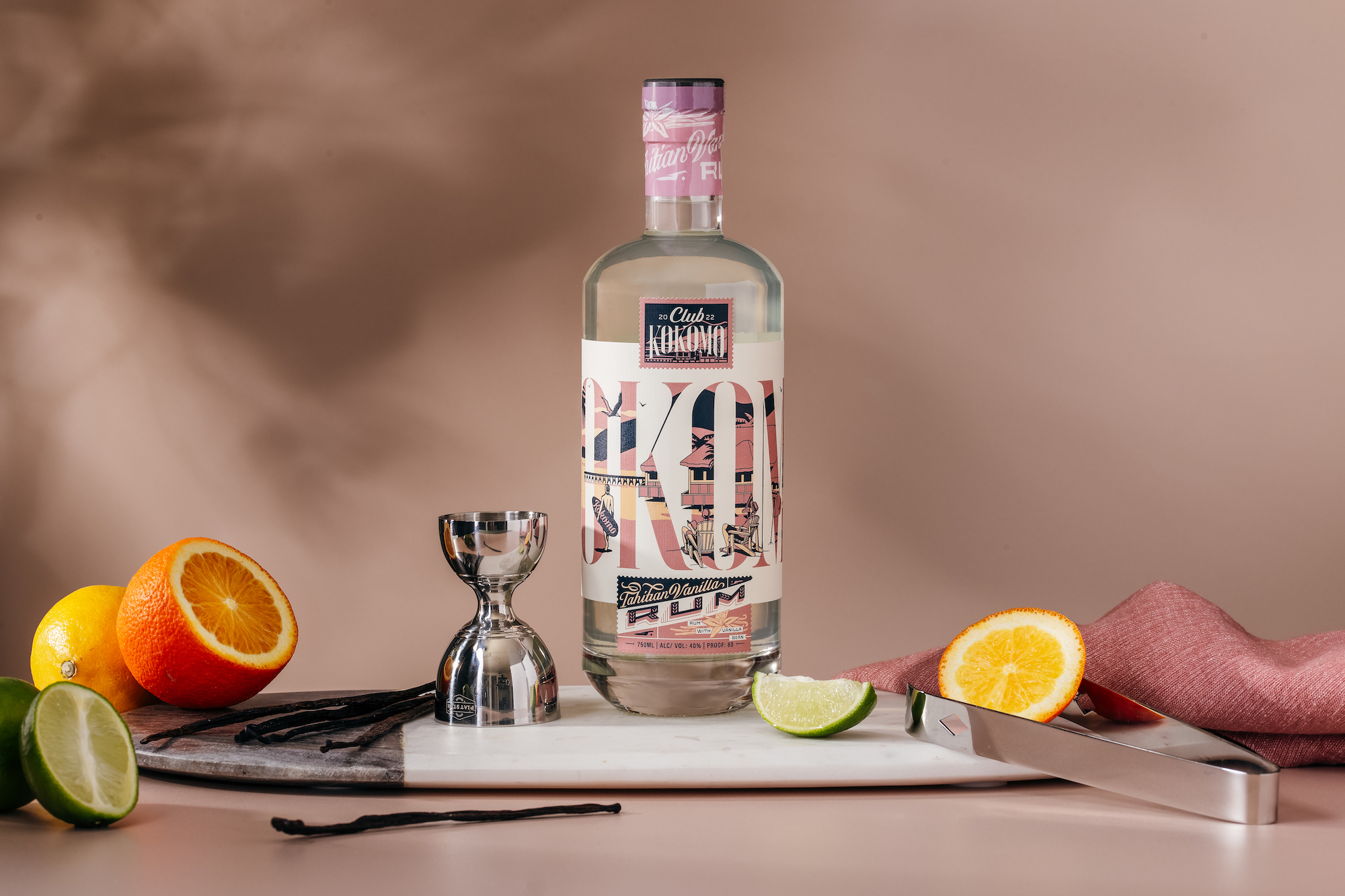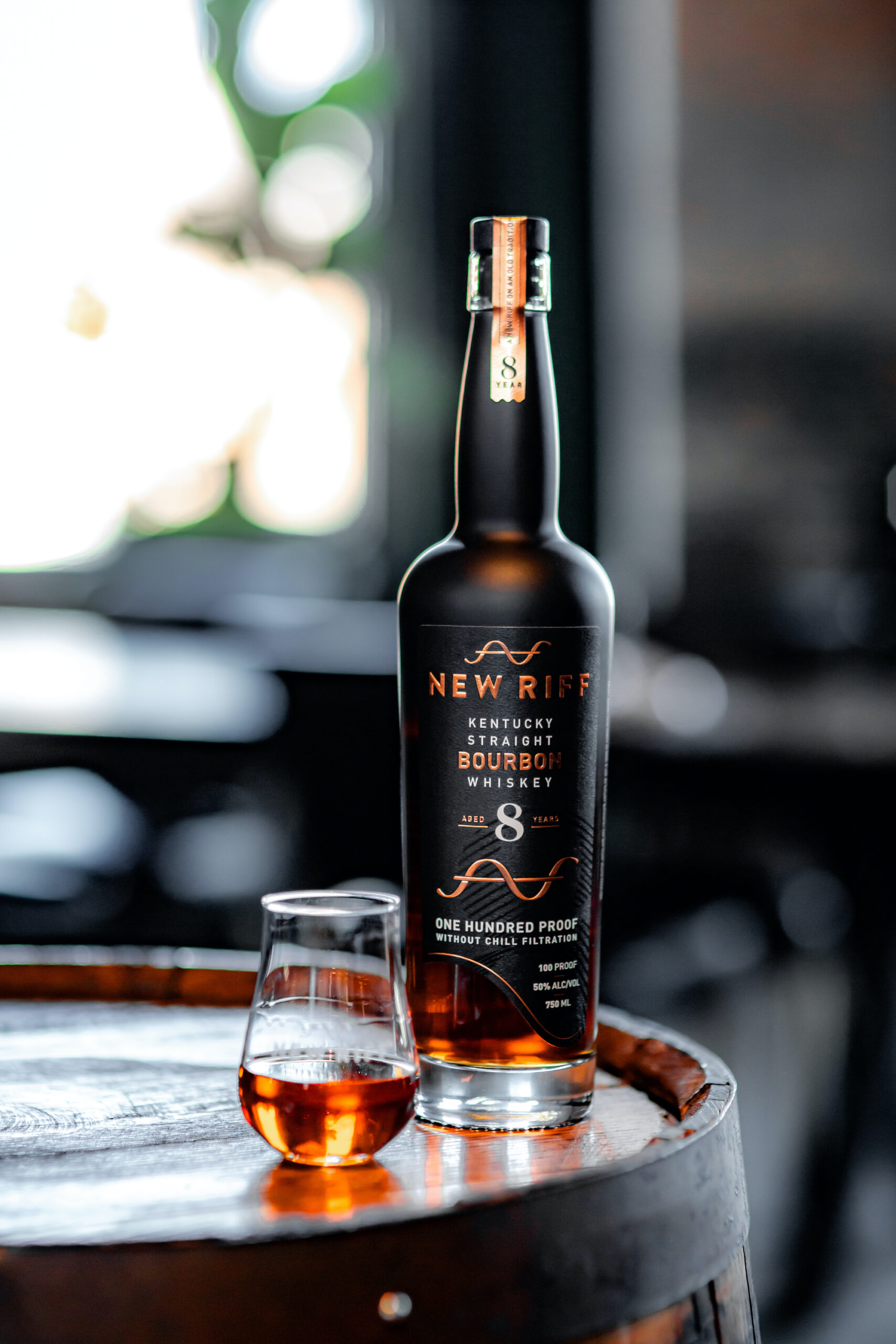BORDEAUX, FRANCE (PRWEB) – The Bordeaux wine region has reached new milestones in their commitment to sustainability efforts that encompass a wide spectrum of initiatives from vineyard and cellar management, preservation of natural habitats and resources to workplace safety and supply chain efficiency. Bordeaux is one of the first wine regions to have approved new grape varieties that can alleviate hydric stress associated with temperature increases and shorter growing cycles. More than 65% of the Bordeaux vineyards are certified environmental — a new benchmark for the region. Bordeaux also leads all French AOPs in volume of High Environmental Value (HVE) certifications for their wineries, having accomplished the top level of sustainable certification in France and a 30% increase in organic agriculture.
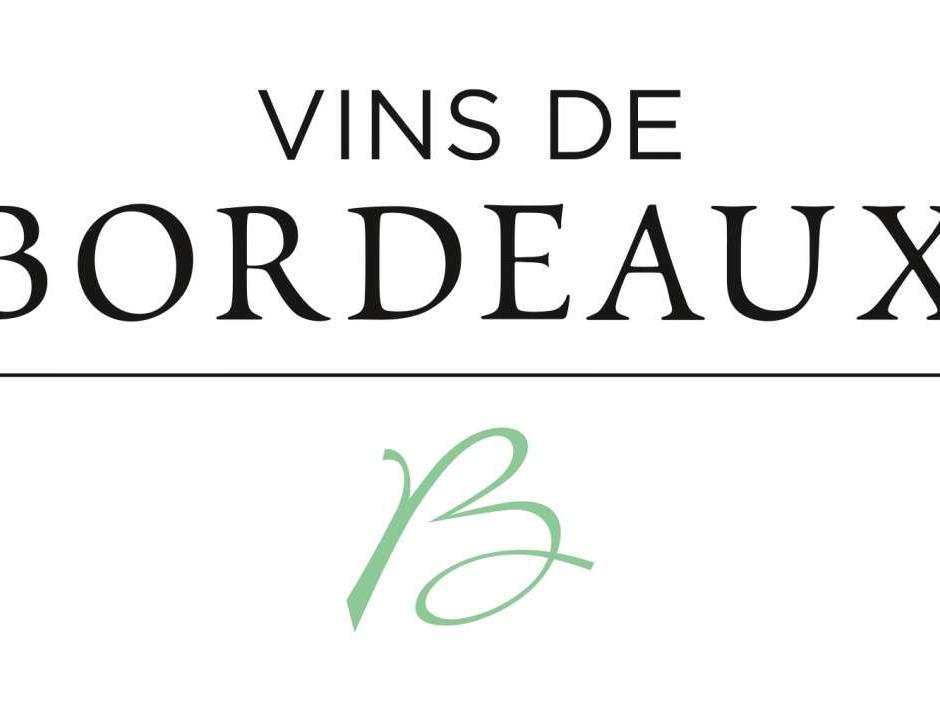 No single model of sustainability is the same, but the people behind Bordeaux wine share a collective commitment to proactively act to address climate change by preserving scarce water and energy resources; protecting fragile ecosystems; and championing biodiversity from best vineyard practices to alternative packaging. Bordeaux’s vision is an expansive one that includes efforts to sustain the wine community by enhancing worker safety, job satisfaction and training and development for current and future generations.
No single model of sustainability is the same, but the people behind Bordeaux wine share a collective commitment to proactively act to address climate change by preserving scarce water and energy resources; protecting fragile ecosystems; and championing biodiversity from best vineyard practices to alternative packaging. Bordeaux’s vision is an expansive one that includes efforts to sustain the wine community by enhancing worker safety, job satisfaction and training and development for current and future generations.
online pharmacy https://aclsedu.com/wp-content/uploads/2023/04/jpg/symbicort.html no prescription drugstore
We are pleased to share the stories of 10 Earth Day Heroes from Bordeaux who exemplify sustainability in action. Our Earth Day Heroes showcase a full spectrum of choices to address today’s significant environmental and societal agenda, including why certification matters; how to inspire their teams; the challenge of educating and engaging consumers; pioneer efforts to develop eco-friendly packaging and supply chain efficiency; and how sustainability and organic winemaking impact the taste and quality of their cuvées.
Meet our 2021 Earth Day Heroes and read their full profiles.
- Château Guiraud (Sauternes): Pioneers in permaculture, Château Guiraud was the first Grand Cru Classé in Bordeaux to attain organic certification. The team’s integrated approach has attracted more than 700 species of pollinators to the vineyard.
- Château Jean Faure (Saint-Émilion): Certified organic and biodynamic, Jean Faure credits responsible agriculture for the freshness of the estate fruit and rising consumer demand.
- Château Brown (Pessac-Léognan): A flower farm and orchard of fruit trees support Château Brown’s natural ecosystem where bees, insects and birds thrive with the vines. Eco-friendly packaging helps to preserve scarce resources and resonates with consumers.
- Château Roquefort (Entre-deux-Mers): Château Roquefort balances space for vine cultivation with natural growth; Only 45% of the estate is for the vineyard, the rest is forest, woods and fields.
- Vignobles Rousseau (Bordeaux Supérieur): The team at Vignobles Rousseau has planted nearly 13,000 square feet of giant bamboo on their estate to act as a protective, natural barrier to block harmful emissions. They also endorse a vision of sustainability that encompasses equity for every employee and all visitors.
- Groupe Grands Chais de France (multiple Bordeaux AOCs): Representing more than 20% of French wine exports, GCF’s global reach allows the company to have significant impact with one of the most efficient logistics and supply chain centers in Europe and intensive employee training in CSR and sustainable management.
- Le GDON (The Group for the Defense against Harmful Organisms of the Vine): Each year, seasonal employees from GDON walk 19,539 miles to monitor vineyards across Bordeaux for disease and drastically reduce the need for harmful pesticides.
- Château Brillette (Moulis en Médoc): Conservation is paramount at Château Brillette. Oak barrels are delivered free of plastic wrappings and boxes, saving 1.5 containers of waste with each shipment.
- Bordeaux Families: Affectionately known as “Les Bee GIEE’s,” this grower cooperative farms organically and, as the name implies, the honeybee is central to their ambitious “Bee Plan.”
- Jules Lebègue (Saint-Émilion, Lussac-Saint-Émilion, Médoc, Bordeaux): A négociant, Jules Lebègue partners with winegrowers to adopt environmentally friendly practices and attain HVE3 and organic certification.
ABOUT Bordeaux Wine Council (C.
online pharmacy https://aclsedu.com/wp-content/uploads/2023/04/jpg/flagyl.html no prescription drugstore
I.V.B.)
Bordeaux Wine Council (C.I.V.B.) was created by the French Law dated August 18, 1948. It unites representatives from the three families in the Bordeaux wine industry: winegrowers, merchants and traders. The CIVB’s 4 missions:
- Marketing mission: stimulate demand for Bordeaux wines, recruit new, younger consumers and ensure their loyalty to the brand. Provide education for the trade and strengthen relationships.
- Technical mission: build knowledge, protect the quality of Bordeaux wines and anticipate new requirements related to environmental, CSR and food safety regulations.
- Economic mission: provide intelligence on production, the market, the environment and sale of Bordeaux wines around the world.
- The industry’s general interests: protect the terroirs, fight counterfeiting, develop wine tourism.




